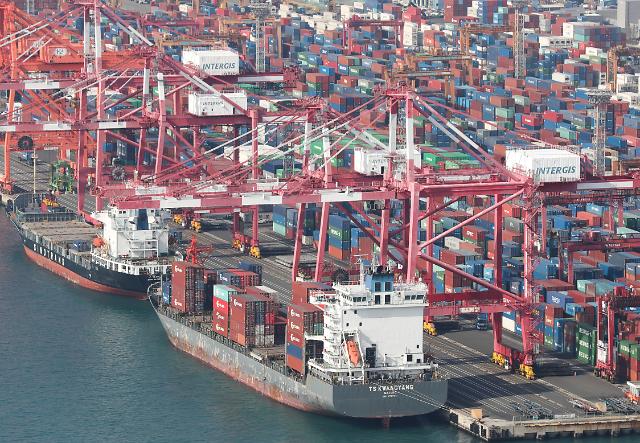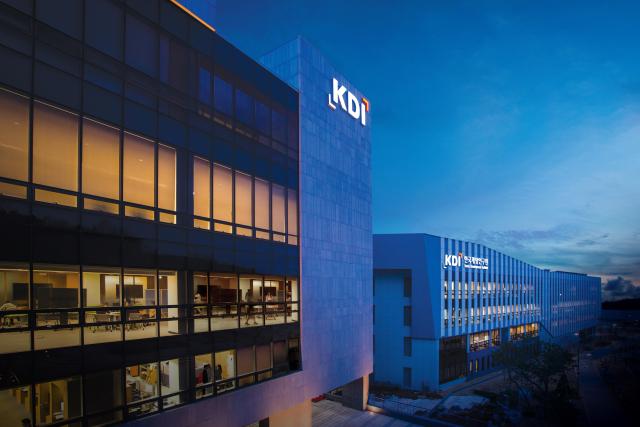
[Yonhap]
SEOUL -- The Korea Economic Research Institute (KERI) has revised down its 2023 economic outlook for South Korea to 1.5 percent from its previous projection of 1.9 percent.
In a recent report, the institute affiliated with the Federation of Korean Industries (FKI) warned that the South Korean economy could enter the stage of a "serious slump" due to a lack of growth momentum.
The think tank said the country will experience a lower growth, hit by sagging domestic demand amid high interest rates and sluggish exports in the wake of the global economic slowdown.
The gloomy growth projection is lower than the International Monetary Fund's 2023 economic outlook for Korea which was revised down from 2 percent to 1.7 percent on January 31. The figure is the same as the Bank of Korea's prediction.
The IMF made the 0.3 percentage-point cut, while raising the global growth outlook by 0.2 percentage point to 2.9 percent. It revised up the projection for China to 5.2 percent from 4.4 percent, expecting the reopening of the Chinese economy after the lifting of COVID-19 restrictions. It also ramped up the prediction for the U.S. from 1.0 percent to 1.4 percent.
The KERI's slashed outlook is on par with the Asian Development Bank’s 1.5 percent forecast for Korea. However, it is lower than the Ministry of Economy and Finance's 1.6 percent and the 1.8 percent prediction by both the Organization for Economic Cooperation and Development (OECD) and the Korea Development Institute (KDI).
"The growth rate for this year is likely to be lowered further if the U.S. Federal Reserve continues its aggressive monetary tightening or the financial market is hit by a credit crush," said KERI research fellow Lee Seung-suk.
The KERI forecast that the country's private consumption will grow 2.4 percent in 2023, down from last year's estimated 4.4 percent. It said domestic demand is likely to fall considerably due to weak purchasing power amid high inflation and weak consumer sentiment affected by high borrowing costs.
The institute also predicted that facility investment will shrink 2.5 percent this year in the aftermath of high interest rates and high funding costs, despite aggressive investments by Samsung Electronics and other IT firms in the semiconductor industry.
The KERI expected that consumer prices will rise 3.4 percent in 2023, down from last year's estimate of 5.1 percent, as the global prices of energy and raw materials are likely to fall gradually in the first six months of the year while the U.S. dollar remains week against other currencies.
It forecast exports, a main growth engine for the Korean economy, will increase at a slower rate of 1.2 percent in the face of sagging global demand for memory chips. Last year's export growth rate stood at 3.1 percent.
Lee said the export growth rate may go down further if China, the largest trading partner of Korea, posts a weak economic recovery, or shipments of major Korean products fall drastically.
Copyright ⓒ Aju Press All rights reserved.



